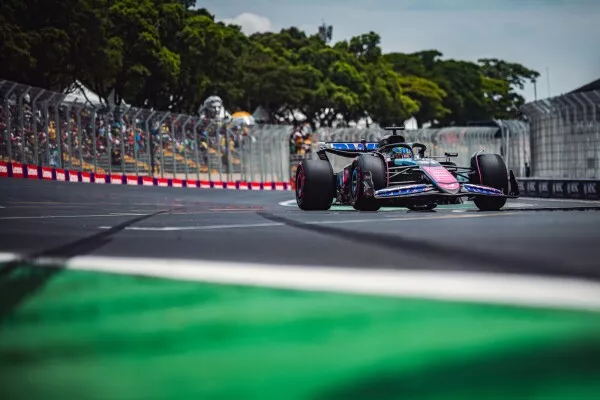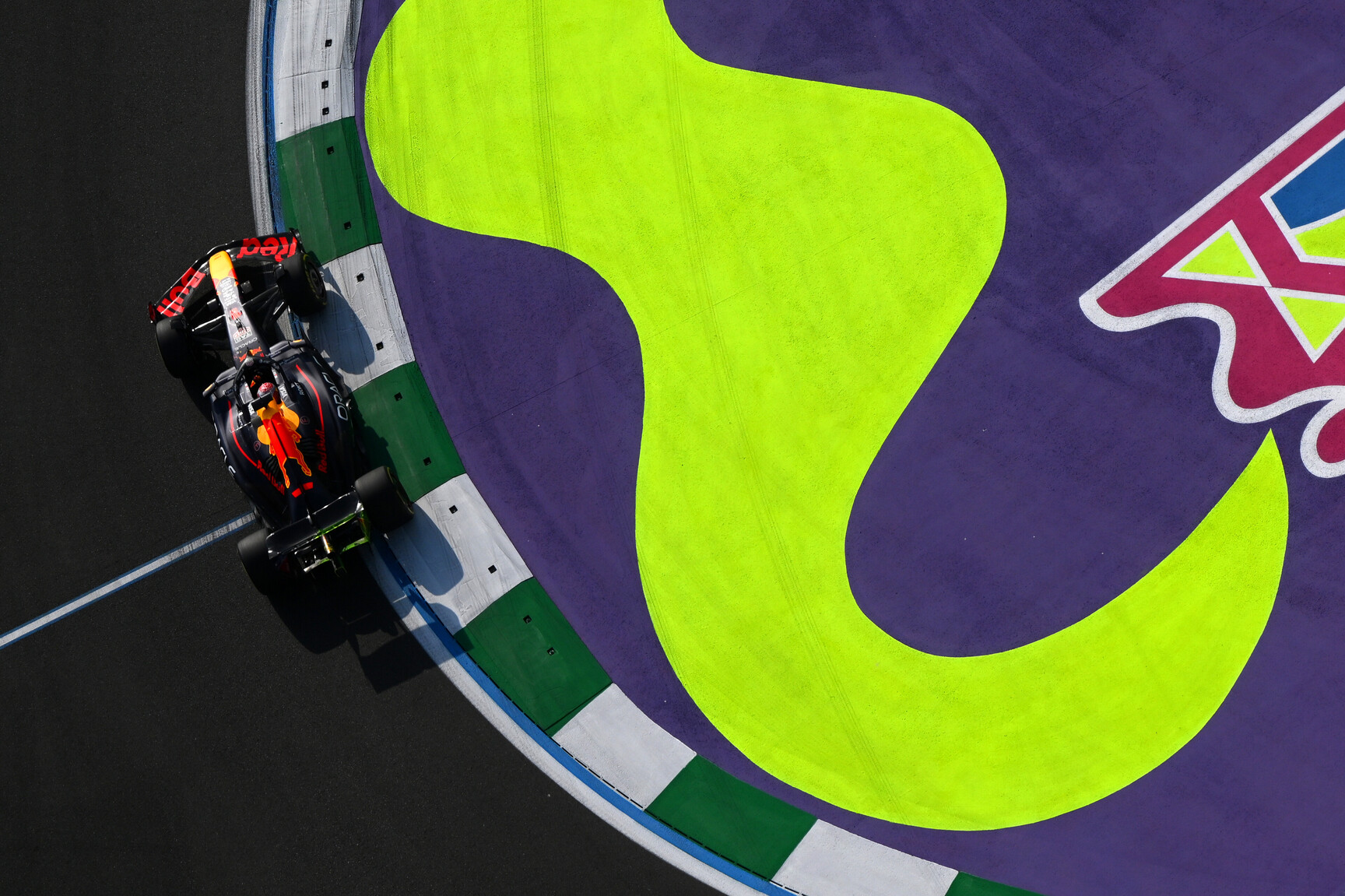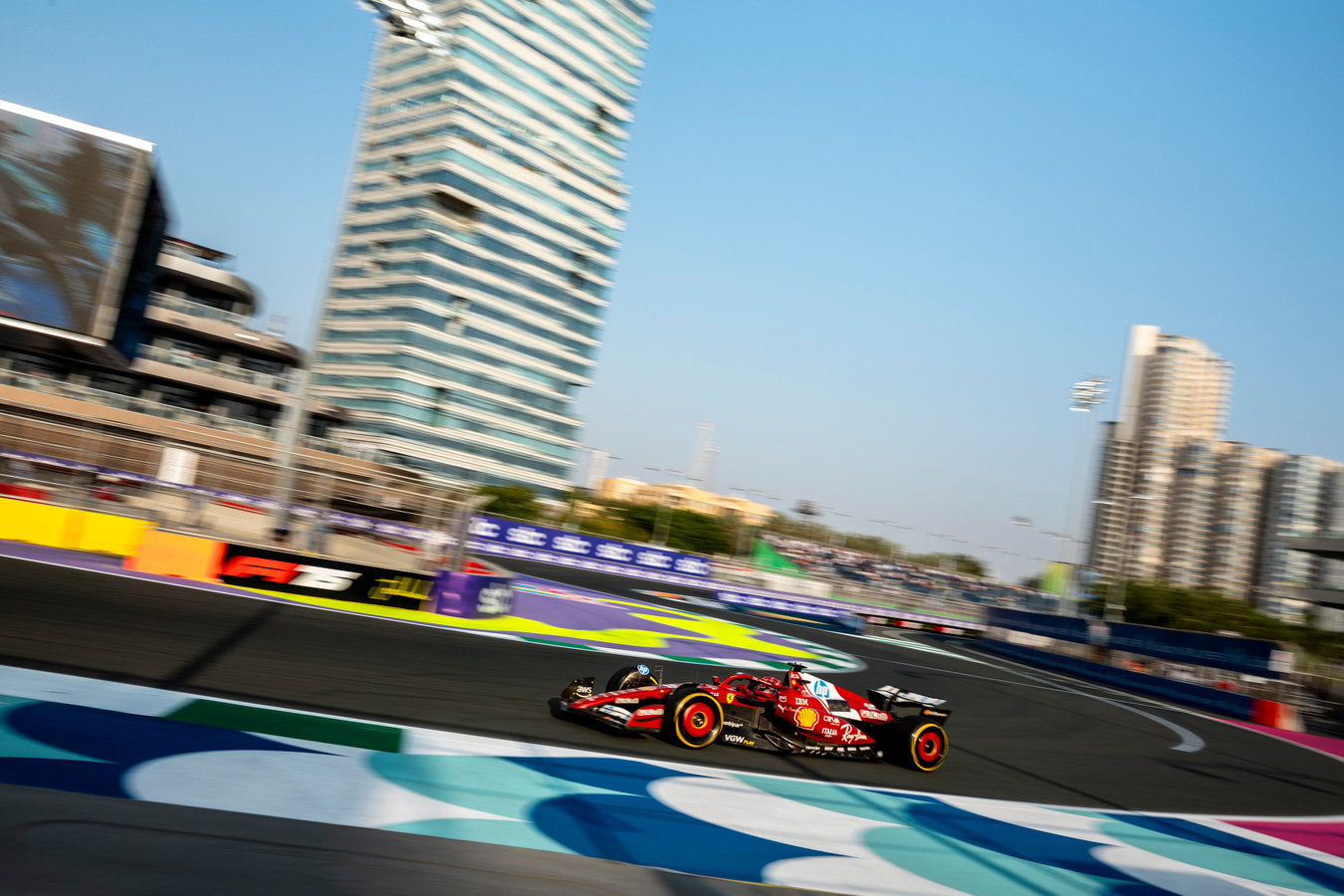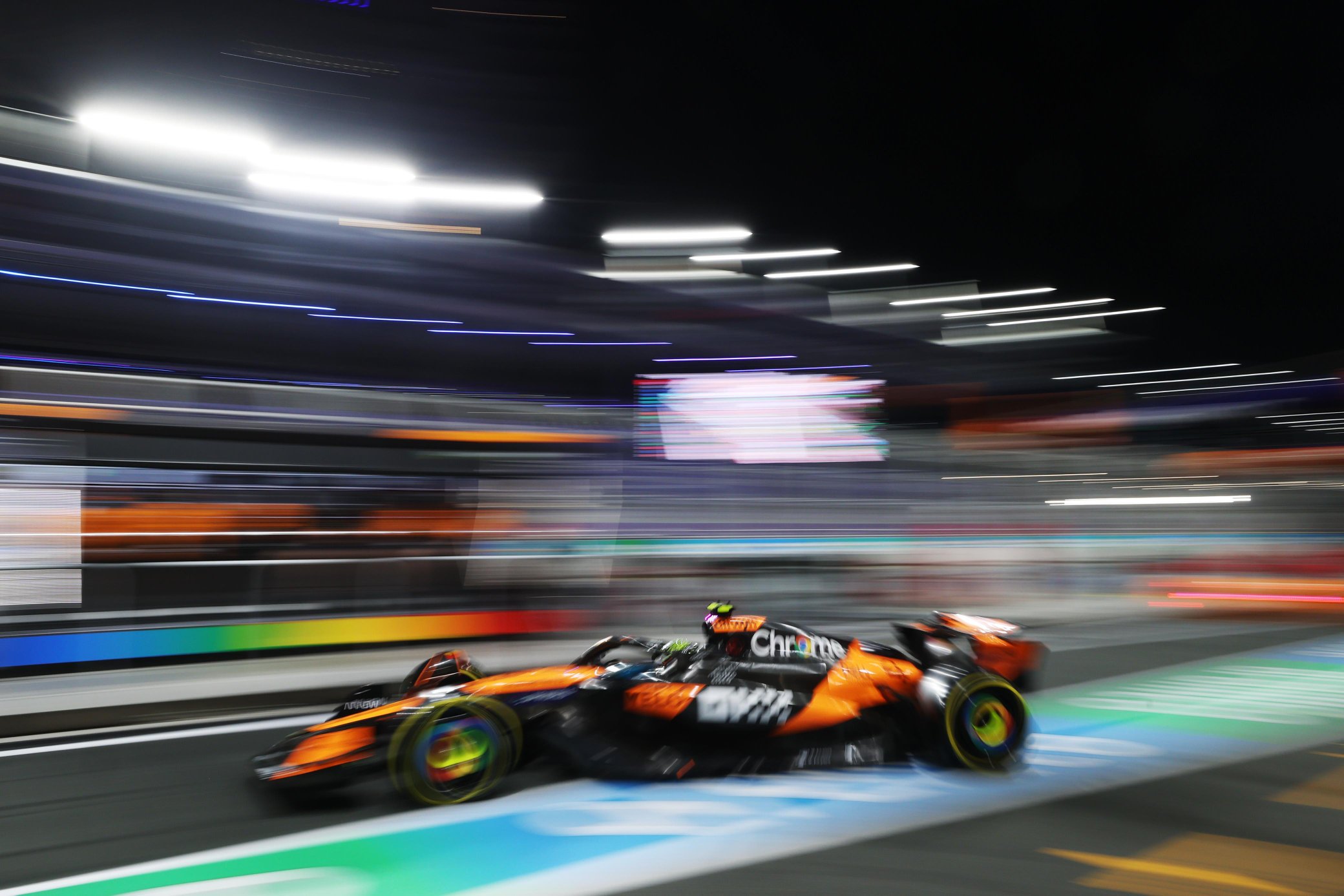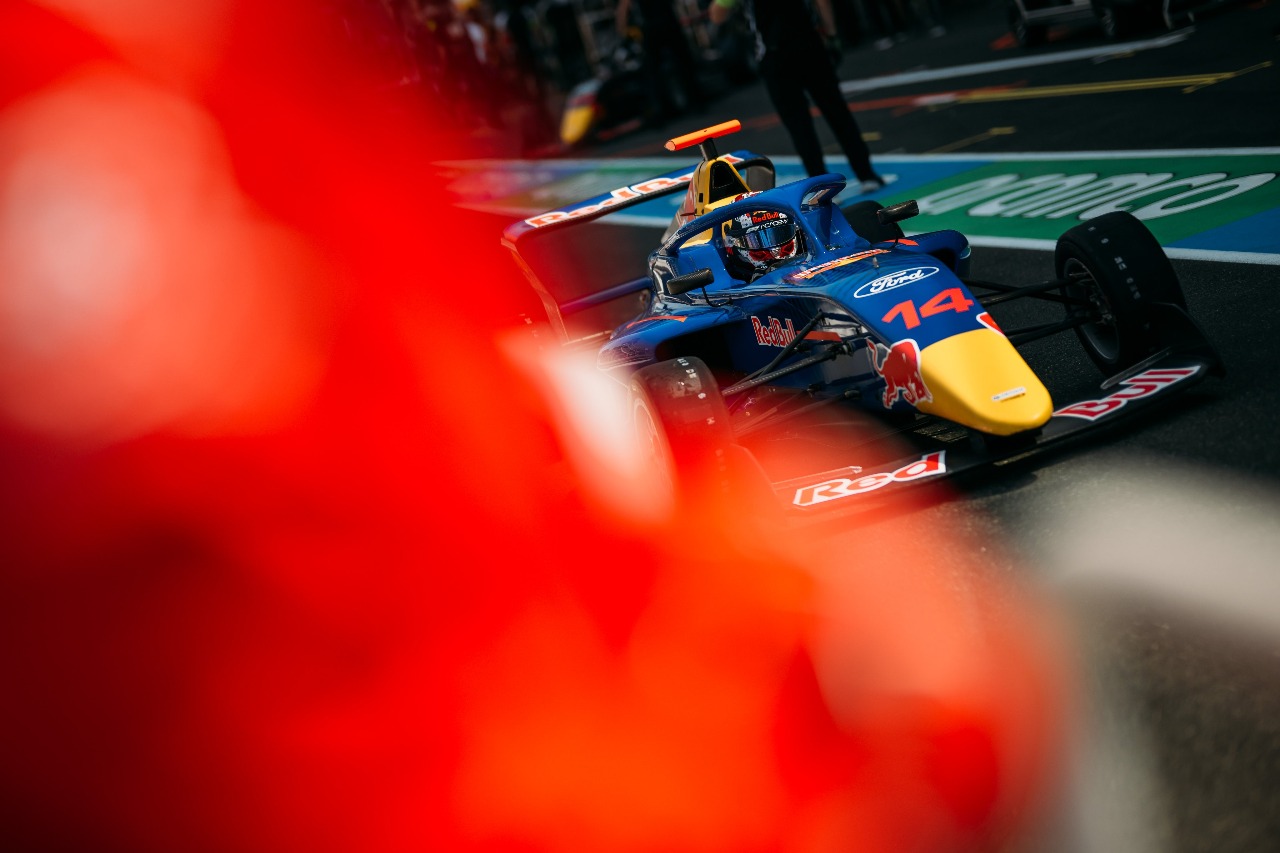From the start of the new regulations in 2026, there will be no Renault-powered car on the grid for the first time since the 70s, this is the result of the powertrain department in Viry-Chatillon having their 26’ power unit project shut down.
Alpine Team Principal Oliver Oakes believes the option to turn to Mercedes F1 power for the new engine regulations “was in the right interests of the team”.
“And I think we have to be honest; the analysis was done before I started, and at board level, that the decision to become a customer team was in the right interests of the team.”
Although only recently announced, it had long been anticipated that Alpine would ditch their Renault engines, so much so that there were even protests earlier in the season, at Monza, from workers of the Viry factory in a last ditch effort to bring attention to the damage the decision could have to the workers.
Unfortunately for them, it didn’t work and Alpine, led by Oakes, will become the fourth team on the grid to be supplied by Mercedes F1 power as they will replace the outgoing Aston Martin who have opted for a Honda works’ project, something Alpine will relinquish when the 2025 season comes to an end.
“I know it was a difficult decision. I know there’s a lot of emotion there, because we are proud to be a works team and we still have a year all together next year, but I do feel that was also a big statement of intent of where we want to go.
“We’re not here just to be making up the numbers. We want to be pushing forward. I just want the best engine in the back of the car. At the end of the day, for me, we’re here to go racing.”
Oakes has admitted that whilst he doesn’t expect the decision to have immediate effect, it will open up opportunities for the team to focus on the development of other areas around the car including chassis and aerodynamic improvements.
“Nothing in life is a dead cert, but I think you have to be pragmatic there. I don’t know the full ins and outs of the decision, because it was slightly before I started.
“But if I was to pick at it I’d probably turn around and say, well, history does show that every time there’s been a regulation change, they’ve been strong.
“The big thing with that, really, is also it gives us the ability to benchmark ourselves. At the end of the day, currently, we don’t produce a perfect chassis or a perfect engine, and we’re very honest and humble on that.
“So from my side, one other thing it does give us is, I dare say, you know, we need to look in the mirror and also work hard on the chassis side as well, which is a challenge we should enjoy.”

